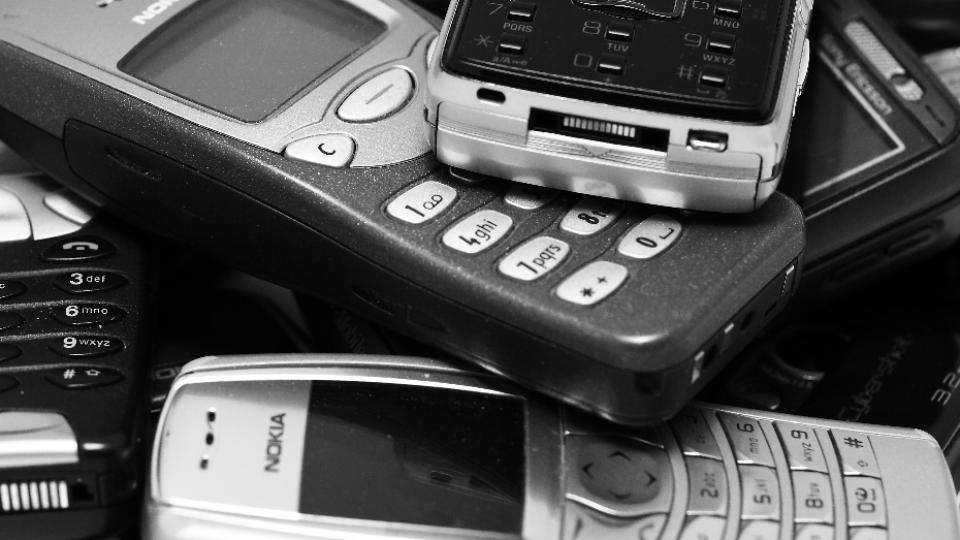Mobile phone connections now outnumber the human race, but half of the world's population is still without a handset. With Earth's population estimated at around 7.125 billion the number of active mobile phone SIMs has now topped 7.230 billion.
The latest figures from industry analysts GSMA Intelligence show a 6.1 per cent rise in mobile connections on the previous year. But the number of unique mobile phone subscribers remains stuck at just over 3.6 billion, with rich gadget fans in developed countries filling their desk drawers with redundant handsets.
With Earth's population growing at two people per second the rate of mobile phone sales continues to keep pace. The number of SIM cards being activated is growing five times faster the population, with an increasing number of connections not involving any humans at all. So-called 'machine to machine' connections account for around 250 million SIM cards worldwide.
The figures reveal that there are on average two active SIM cards per mobile subscriber worldwide. At 3.6 billion the number of unique mobile subscribers is up 6.3 per cent on last year.
Despite rising sales, profits from connected devices are falling. According to GSMA Intelligence revenue so far this year stands at $1.13trn worldwide, up 3.75 per cent on last year. But the increased popularity of web-based messaging apps and services such as Skype and WhatsApp means that the average profit made per person was $12.15, down 3.97 per cent on last year.
In the developed world smartphone penetration is approaching 80 per cent of all connections, while in the developing world it has just passed 60 per cent. In April GSMA explained that the figures were skewed by people with more than one SIM:
"In the developed world, an individual typically accounts for more than one mobile connection because they own more than one device; for example, if you own a smartphone and tablet with separate SIMs, you hold two connections," the industry analyst explained in a blog post.
"In emerging markets, subscribers are more likely to hold multiple SIMs, swapping them to take advantage of the best tariffs in a given situation."
GSMA said that working to connect the one in two people in the world who currently don't have access to a mobile connection was the next "exciting" chapter for the industry.

